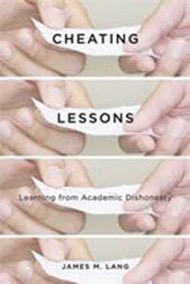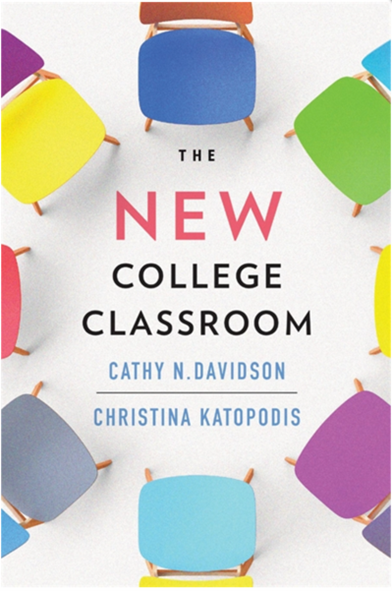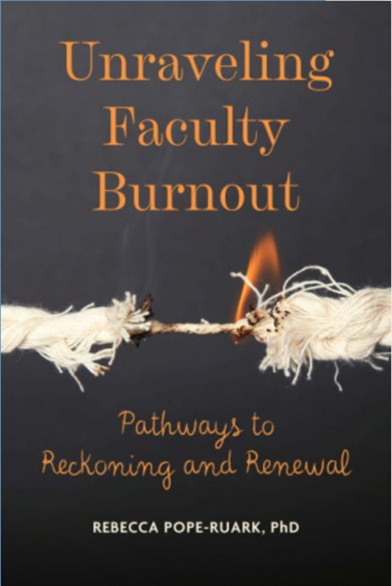A Perfect Time for Formative Feedback
In the beginning of a course, students learn fundamental concepts and skills that they will need to build on all semester, so this is an important time for them to get some feedback on how it’s going. They need to know whether they are “getting it” so far, and of course, we need to know that, too. Gathering information about students’ progress helps shape our teaching, and it gives us an opportunity to steer them in the right direction.
Before we provide feedback, it’s important to think about what we want students to use that feedback to do next. For example, are we trying to help them analyze problems in a new way? What kind of feedback will help them improve on their next attempt? (And of course, we need to make sure there is a next attempt, so that they have an opportunity to apply the feedback.)
In the book How Learning Works, Ambrose et al. explain that learning happens through a cycle of practice and feedback: students practice, we observe their performance, and they receive our feedback in time to apply it to their next attempt. Thinking through what you want students to use your feedback to do next is as much about course design as it is about communicating effectively with students. Opportunities for practice and feedback don’t have to be big assignments or exams; they can be low-stakes activities and assignments that happen in or out of class.
Focusing more on what we want students to use our feedback to do can also help us communicate in a motivating way. We can explain: these are the things you’re doing well and should continue, and these are the important priorities to work on in your next attempt. Giving students the opportunity to apply the feedback makes it all the more important that they read (or listen to) and understand the feedback. If they skip over it, or don’t really understand it, they won’t be able to apply it. For this reason, some colleagues like to make reading and responding to feedback a low-stakes assignment. They ask students to 1) summarize the feedback in their own words, 2) respond to it/compare it to their own sense of how they did, and 3) make a plan for how they will apply it to their next attempt. This small intervention not only makes it much more likely that students will read our feedback, it also gives us rich information about how they interpret it.
Another reason this is a great time of the semester to check in on students and give them some feedback is that it’s not too late for students to recover if they’ve gone off track, or even if they’re totally lost. If you notice a student has disengaged, or is not turning in work, it is likely that they are not yet successfully building the foundation the beginning of your course is intended to provide. But they still can! And it’s much better for students to find out now what they are and are not getting, and what they can do to improve, rather than later on a high-stakes exam. In fact, we can design with opportunities to recover in mind by assigning less weight to work that comes early in the course.
If you’d like some support to build low-stakes opportunities for practice and feedback into your course, we would be happy to help! You can email us at pro-teaching@fsu.edu to schedule a consultation. We look forward to working with you!
Spring Faculty Reading Groups
This semester the Center for the Advancement of Teaching is offering the following faculty reading groups. Each group will meet once a week for three weeks to discuss the books in sections. One group will be held remotely on Zoom. We hope you can join us! Please register here.
What the Best College Teachers Do
~ A few spots left. ~
 Tuesdays: 1/31, 2/7, 2/14
Tuesdays: 1/31, 2/7, 2/14
2:00–3:30 p.m. on Zoom
E-book, available through FSU’s libraries
Click here to explore the book What the Best College Teachers Do.
Cheating Lessons: Learning from Academic Dishonesty
~ A few spots left. ~
 Fridays: 2/3, 2/10, 2/17
Fridays: 2/3, 2/10, 2/17
2:00–3:30 p.m. in 432 DIF
Print copy, delivered through interoffice mail
Click here to explore the book Cheating Lessons: Learning from Academic Dishonesty.
A few spots left.
Note: This group will be co-facilitated by special guest Joshua Morgan, an academic affairs administrator and former mental health/career counselor who provides leadership, consultation, outreach, and training on academic integrity issues at FSU.
The New College Classroom
~ Closed – This group has reached capacity. ~
 Wednesdays: 2/22, 3/1, 3/8
Wednesdays: 2/22, 3/1, 3/8
2:30–4:00 p.m. in 432 DIF
Print copy, delivered through interoffice mail
Click here to explore the book The New College Classroom.
Unraveling Faculty Burnout: Pathways to Reckoning and Renewal
~ Closed – This group has reached capacity. ~
 Thursdays: 2/23, 3/2, 3/9
Thursdays: 2/23, 3/2, 3/9
2:00–3:30 p.m. in 432 DIF
Print copy, delivered through interoffice mail
Click here to explore the book Unraveling Faculty Burnout: Pathways to Reckoning and Renewal.



